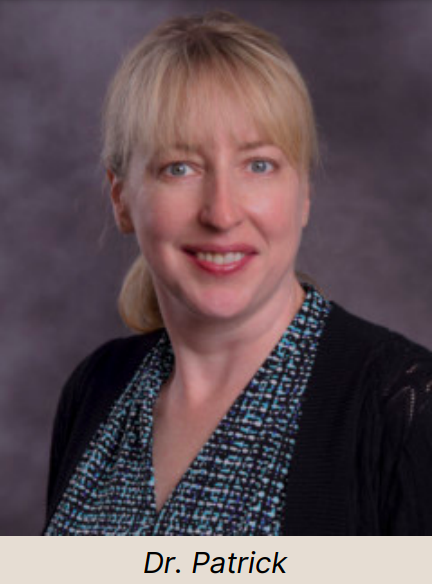Since the first group of Decision-Makers signed their SDMAs in 2018, we’ve known that our 3-phase facilitation process really works to enable them to make their own decisions with the support of trusted persons in their lives. We’ve heard, again and again, from Decision-Makers, their families and supporters, what a transformative experience the process was, how it increased the confidence and self-determination of the Decision-Makers, and how happy families were to have found a viable, rights-affirming alternative to guardianship. But thus far we have not had the “gold standard” of an independent evaluation of SDMNY facilitation by a highly qualified research entity. And now we do!

With the support of the New York Community Trust we were able to commission an in-depth evaluation of 20 transition-age Decision-Makers, their families and supporters by the Westchester Institute of Human Development (WIHD), one of the three federally-funded University Centers for Excellence in Developmental Disabilities (UCEDDs) in New York State. The evaluation was led by Patricia A. Patrick, DrPH, Chief Academic Officer, WIHD, and Associate Professor, Center on Disability and Health, School of Health Sciences and Practice, New York Medical College, a highly respected researcher and program evaluator with numerous publications and professional presentations.
The goal, according to the Report (EVALUATION OF A PROJECT TO FACILITATE SUPPORTED DECISION-MAKING AMONG INDIVIDUALS WITH INTELLECTUAL AND/OR DEVELOPMENTAL DISABILITIES;) was
“to evaluate the impact of the SDMNY Program on transition-age participants’ knowledge of and satisfaction with SDM;” “to determine if facilitated SDM helps supporters understand, appreciate, and provide appropriate support for the decision-maker’s decision-making… how well the facilitation process aids the decision-maker to understand where they need support, what kind and who might be best to give them that support [and] …whether supporters understand these distinctions and how being a supporter is different from what seems like doing the right or best thing and whether there is a relationship of respect rather than paternalism.”
We are thrilled, though not surprised, that the answer to all these inquiries was a resounding “Yes!” Here are just a few of the comments from the evaluation interviews:
From parents
“From what I have seen in my personal experience, it is incredibly beneficial and can be used as a real tool to promote individuality and autonomy.”
“It gives us a peace of mind knowing that, whatever happens to us, [he] will be supported, will have someone who always can reach what he needs.
And then that’s the best part, supported decision-makers lessen anxiety on parents.”
“I think the process of being able to be paced well over time, with highly-qualified, knowledgeable persons to help someone who otherwise was not
used to making his own decisions start to see himself as a decision-maker by giving incredible structure, respect, access to responding in the ways he
can respond [is incredibly valuable].”
“I just feel he is more active. You know, he’s definitely more active in decision making, he definitely realizes that this is his life, and that he needs to
step up and be a part of things. And helped me to turn to him and give him options, and allow him that independence to make those choices.”
From Decision-Makers
“My experience is that it is an amazing alternative and it should be an alternative [for] everyone.”
“I think all of my supporters know everything about my journey, and now they’re just watching me follow my own path to my dreams.”
“Because of me having my supported decision-making agreement, I’m able to communicate that these are the things that I know I want to do with my
life, but we have to figure out a way to see how it’s going to work so that I don’t have any obstacles.”
“I think over time, I’m learning to start advocating for myself and ask questions when I ‘need to’, and I’m becoming more independent…”
As to the facilitation process and protocol, the Report concluded
“The Program was well-received, well-structured and successful in educating both decision-makers and supporters on the components of decision-making and the process of identifying appropriate supporters and their roles.”
THANKS TO WIHD, THE DECISION-MAKERS, THEIR FAMILIES AND SUPPORTERS
WHO PARTICIPATED, AND TO EVERYONE AT SDMNY FOR CREATING A GREAT
AND VALIDATED FACILITATION PROCESS!